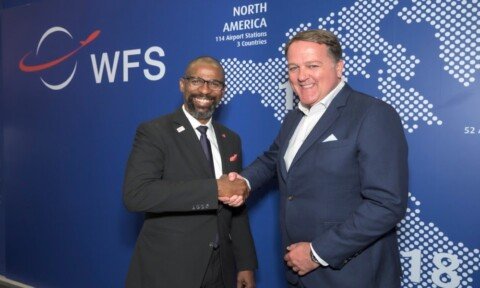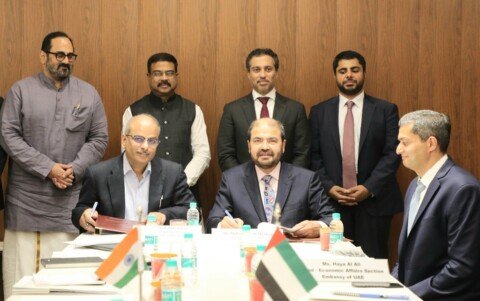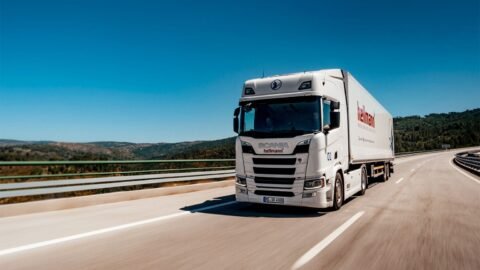Koppert Biological Systems and Air France KLM Martinair Cargo (AFKLMP Cargo) has entered into a partnership within the framework of the airline’s sustainable aviation fuel programme. Under the partnership, AFKLMP Cargo will use sustainable aviation fuel (SAF) on selected international cargo flights carrying Koppert’s agricultural and horticultural products for biological pest control.
Koppert Biological Systems is one of the latest companies to sign up for Air France KLM Martinair Cargo’s (AFKLMP Cargo) sustainable aviation fuel (SAF) programme.
The tie-up will see AFKLMP Cargo will use sustainable aviation fuel (SAF) on selected international cargo flights carrying Koppert’s agricultural and horticultural products for biological pest control.
The SAF programme enables customers to power a percentage of their flights with SAF.
The biocontrol company said in a company release that it is participating in the SAF programme as part of efforts to reduce its transport-related carbon emissions by 50% by 2030.
Koppert will be the first AFKLMP Cargo freight shipper to join the SAF programme.
“We have signed an agreement under which we will purchase a full year of sustainable aviation fuel, thereby reducing our carbon dioxide to a level comparable to emissions from our shipments flown by AFKLMP to our main market, the North American continent,” said Martijn van de Waarsenburg, corporate manager supply chain at Koppert, in a company release.
“The SAF programme works in the same way as green energy; SAF is not actually used on the specific flights carrying our shipments, but we are participating actively in AFKLMP’s total fuel pool.”
Gert Jan Roelands, senior vice president sales and distribution for AFKLMP said in a release, “Customers determine their own level of engagement and we ensure that their entire investment is used for sourcing SAF. By participating in our programme, our customers not only reduce their carbon footprint, but confirm their commitment to leading the industry towards a more sustainable future. Only with the support of all stakeholders can we successfully develop a more viable market for SAF.”
SAF is a jet fuel made from renewable sources such as cooking oil and a sustainable alternative to fossil fuel that reduces carbon emissions by a minimum of 75%. It is blended with conventional fossil fuel and can be used by all aircraft engines.







